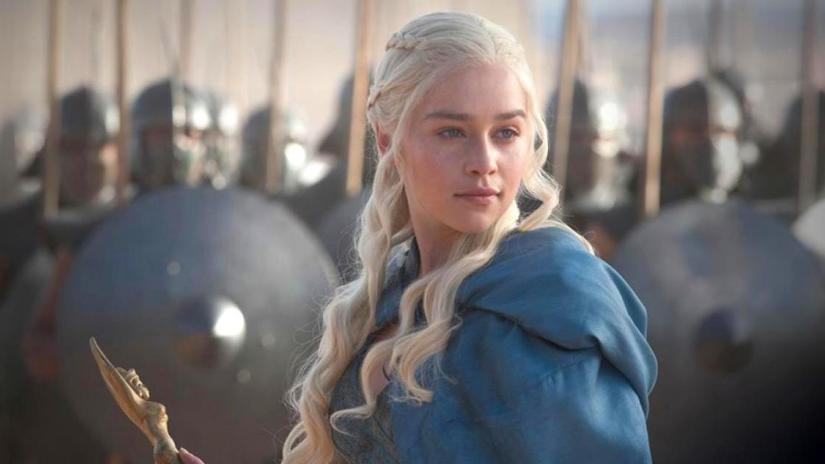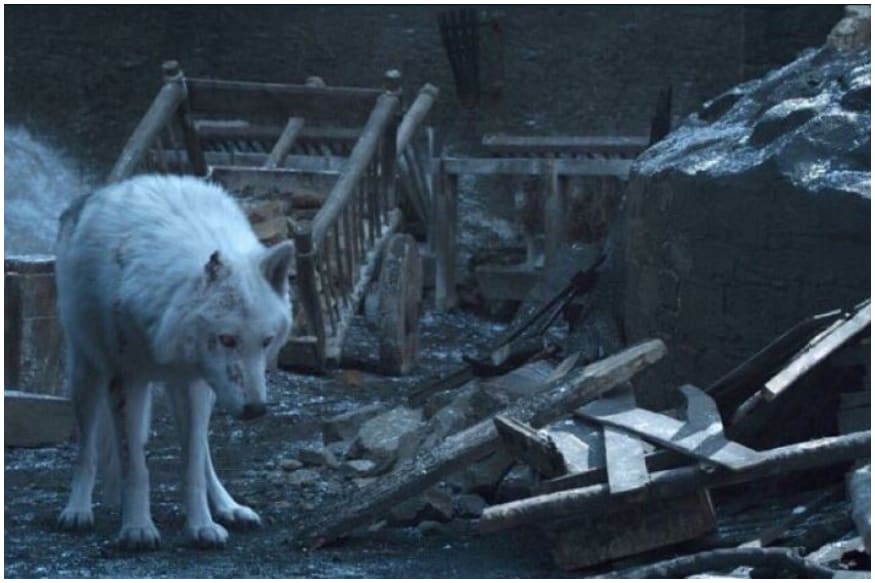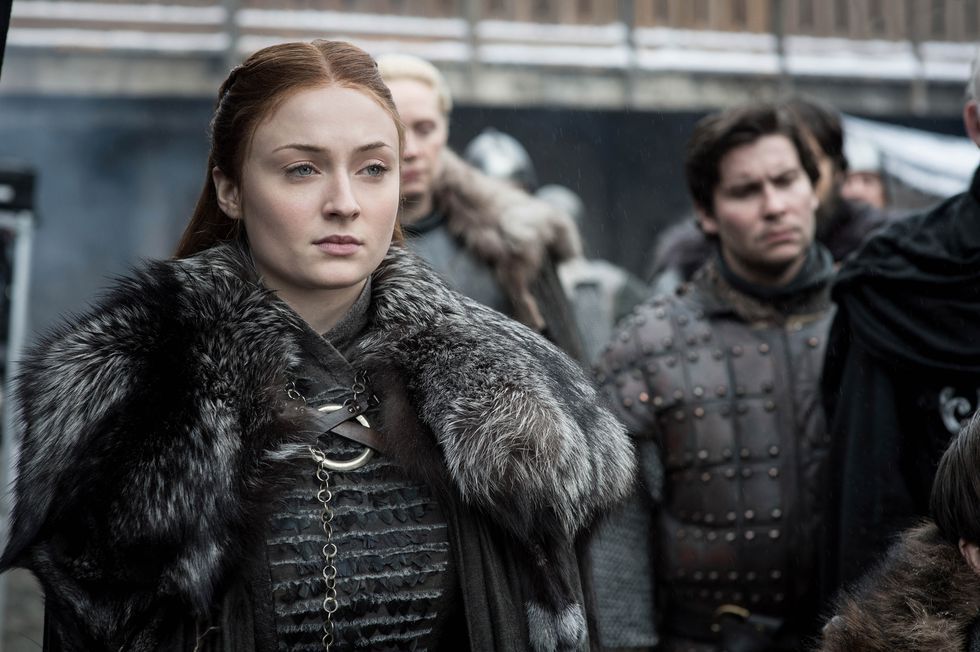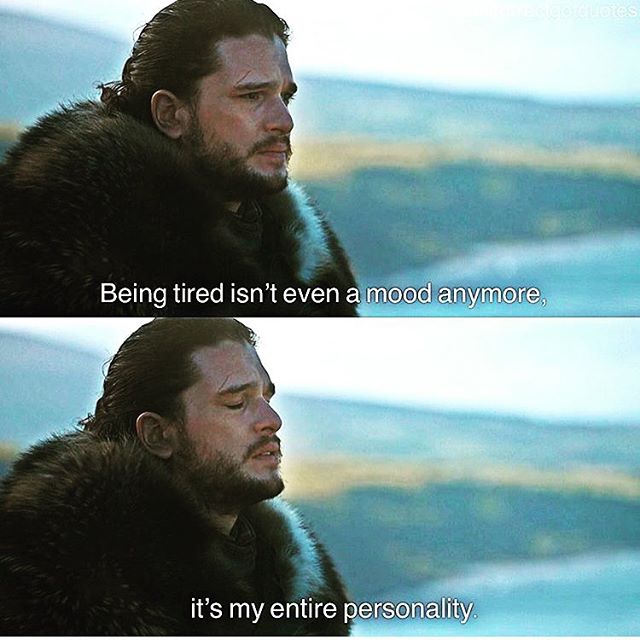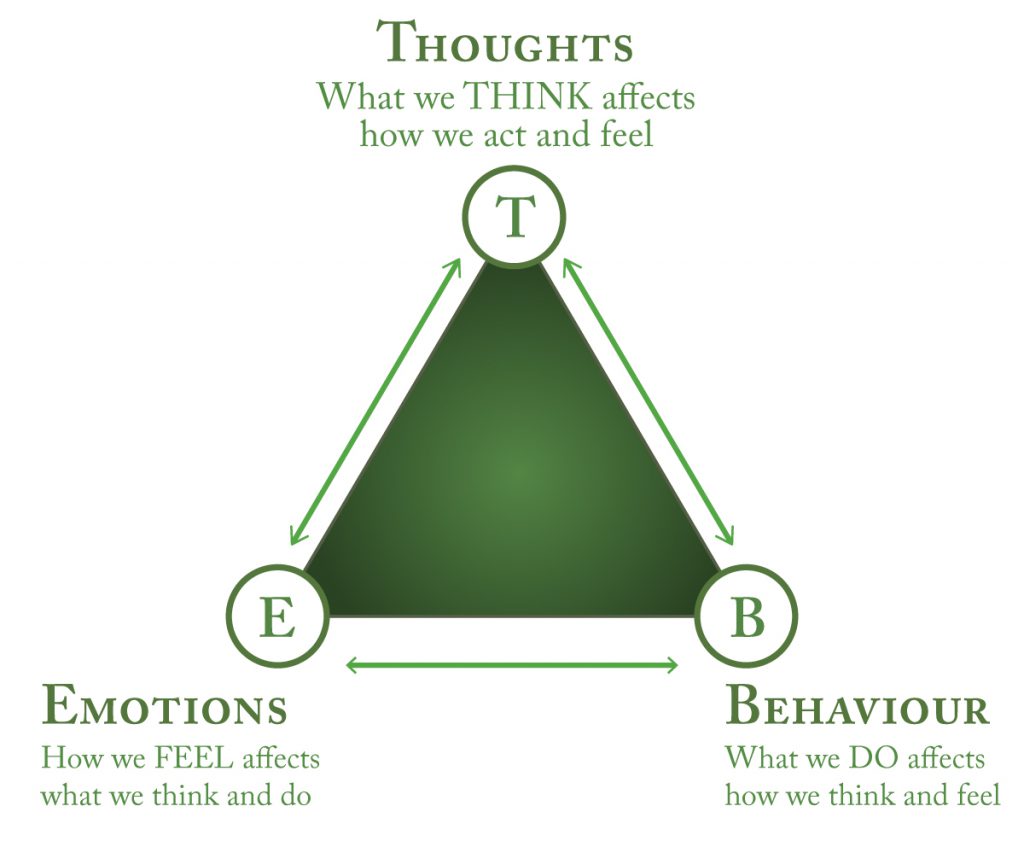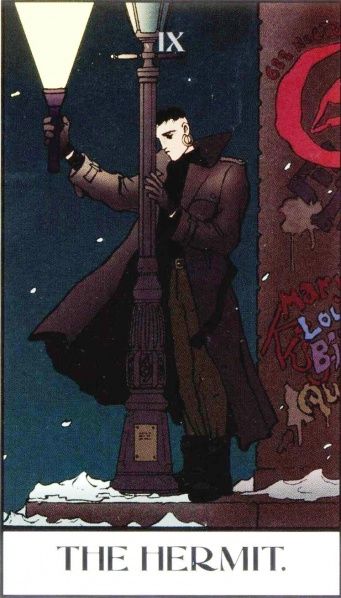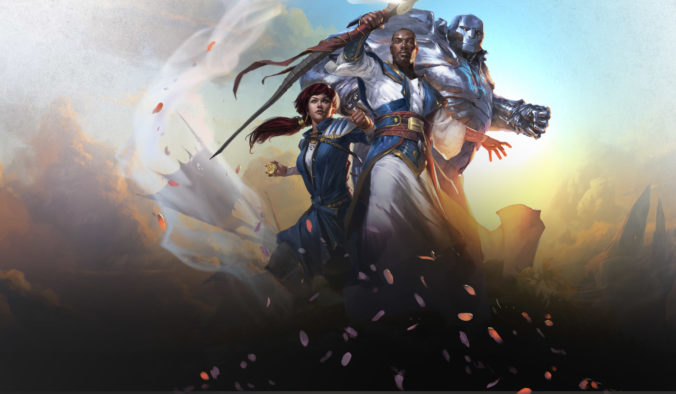In a previous post, I endeavored to explore and explain the root cause of the damaging, self-sabotaging, and toxic behaviors that lead me to my most recent hospitalization and the ramifications still being felt by those who were once partners, friends, and associates. I opened with a general apology, but did not dig into the specifics. That is an oversight that must be corrected, and that is the purpose of what follows.
It is not my intention to appear disingenuous due to the fact that I will not be naming names in what follows. The reality of the situation is that not everyone who has been on the receiving end of unjustified behaviors of mine is going to be receptive to an apology from me. There are those who will feel that apologies do not matter; that they are empty words. I can understand that perspective. That does not make it any less necessary for apologies to be offered when harm has been inflicted. Whenever possible, said apologies should be direct and, ideally, in person. And above all, apologies must be rooted in the facts and evidence regarding the incidents that are the topics of discussion.
Rather than lean into old habits of hyperbole and conjecture, my goal with this letter is to stick to the facts, examine what evidence I have available, and address my shortcomings and damage that I have caused to the best of my ability. An editorial note before I begin: the journalistic and straight-forward approach I am taking may come across as cold or detached. However, to present these facts in any other way would, in fact, be a disingenuous way of going about doing so. Coating what follows in language like “believe me” or “with sincerity” would lean into an old, ineffective behavior rooted in a perceived need for validation. Fuck that. Facts are what matter, here.
And the basic, fundamental fact of the reason these apologies are necessary in the first place is this: the nature of self-sabotage, especially if the ultimate goal is self-destruction, means that damage to other individuals and relationships are inevitably left in its wake. This damage is the result of choices. Deliberate choices were made, in word and in deed, that harmed other people. Some of them were people with whom I was very closely associated — friends or romantic partners. Others were people one step removed from those close associations. These are choices that I made that go back decades. And as much as I might want to, as much as any of us might want to, we can’t go back to the past to correct our mistakes. Things will never be the way they were before, and it is unhealthy to strive for such an impossible goal. What is possible, and healthy, is to look at those past mistakes and take action that is necessary now to actively engage in an attempt to make things right.
I’d like to take the time to run down some of those mistakes I’ve made, and apologize for them specifically.
It is a fact that I contain a great capacity for love. But rather than be up-front about that capacity, learn how to healthily share it, and take the capacities and comfort level of those to whom I was attracted into consideration when communicating it, I hoarded love. I actively practiced deception, breaking promises and cheating. Be it due to that fear of abandonment, a lack of education and self-awareness regarding the nature of the structure of polyamory that’s best for me, embarrassment or another nameless dread, simply not knowing how to love myself or accept the love of others, or a combination of the above, I willfully and knowingly deceived my lovers. For that, for breaking hearts that I did and still hold as precious and even sacred, I am sorry.
It is a fact that I have been questioning my own sanity and the foundation of my actions for a long time. I have, in the past, encouraged others to do so. It can be healthy to check and correct ourselves when it is appropriate. To my great regret and shame, I have on occasion leveraged that language to avoid an honest discussion about my behaviors. I did so in a way that made others, usually women, question their own viewpoints or even sanity. That is gaslighting, by its textbook definition. For that, for not imagining people complexly enough, I am sorry.
It is a fact that those who are uncomfortable with their own behaviors can project those behaviors on to others. Knowing that many of my toxic behaviors could, and in some cases did, constitute as abusive, and unwilling to admit even to myself that I could act in abusive ways, I would project. I accused others, those directly involved with me and those who are friends or lovers of close connections, of being abusers themselves. I projected outward, rather than looking inward. I made the problems I was facing into problems of someone else. I transformed my internal disease and its symptoms into external enemies. Rather than face what was within, I said “This person is an abuser,” when I should have been recognizing and correcting those behaviors within myself. For that, for these false accusations and the pain and doubt they caused, I am sorry.
It is a fact that those who bear insecurities can seek attention or validation from others. As important as it can be to check oneself and receive validation as well as correction, to rely overmuch on the attention and validation of others is neither responsible nor constructive behavior. It puts too much weight on other people to do the emotional labor of the individual. It’s never a bad thing to ask for help, but one must be committed to doing one’s own work when nobody else is around. I failed to do that, and counted too much on others to lift the weight that is mine to carry. For that, for making far too many conversations all about my problems, I am sorry.
It is a fact that human minds can often reach for the simplest solutions to a problem or question. Too often an individual will Occam’s Razor their way into a conclusion that does not include all of the facts, or does not take the perspective or experiences of another individual into account. Especially when it comes to thoughts born of anxiety, jumping to conclusions can lead to ineffective or even toxic decisions or behaviors. When your anxiety tells you that everyone secretly hates you and is eventually going to abandon you, you may jump to the conclusion that you might as well accelerate that process to get it over with. That was a conclusion I jumped to on more than one occasion. For that, for making assumptions rather than seeking clarification and facts, I am sorry.
It is a fact that a codependent or “people-pleasing” individual may not know when to say “no.” The over-reliance upon others mentioned above, as well as unhealthy attachment or expectations, may prompt an individual to be more permissive than is healthy when it comes to the requests or needs of others. They will step over their own boundaries, should said boundaries be defined in the first place, and move into ultimately damaging territory to meet a perceived need, or fulfill a commitment that is somehow implied where none might exist. For my part, I would too often adopt the notion that I had to please a primary partner and see to their needs “no matter the cost,” even if something I was doing to fulfill that was hurting me. I would act as if my needs or wants did not matter. That became a gateway for many of the behaviors I have already addressed and apologized for. I weakened myself, perhaps deliberately on a sub-conscious level, in the name of doing perceived good. For that, for not defining my boundaries and harming myself with a thousand small well-intentioned cuts, I am sorry.
I have, in the aforementioned previous entry on this platform, delineated the explanation and motivation behind these shortcomings and sins. That information is still available. They are relevant facts in the matters at hand. Yet, without the apologies and the commitment to get and be and do better going forward, it is mere bloviation, weightless words on the wind. In the past, I have offered apologies and stated a commitment towards recompense. While these sentiments were sincere, I failed to follow through, choosing to scratch the surface rather than dig deep. Instead of repairing damage done, it pushed me towards deeper recesses of self-sabotage and self-destruction. For that, for merely appearing to do the work and ultimately making things worse, I am sorry.
Every one of these mistakes that I have laid out was caused by damage and shortcomings within myself. No other individual bears the blame for them. While there may have been triggering situations or interactions that involved others, the ways in which the individual responds to triggers is solely the decision of the individual. It is through experience, education, and examination that an individual can cultivate better and healthier responses to triggers, and that has been and will continue to be the focus of my therapy and my work. I can no longer be satisfied with scratching the surface to deal with immediate emotional crises, let alone congratulate myself and prompt others to congratulate me for such shallow work that evidence has shown is detrimental to true progress. I must instead dig deep into the root causes of my flaws to discover the means to bring joy into the lives of those around me, rather than endanger them through my hubris and self-hatred. I want to learn to love myself, the way I love others.
My intent in all of this is to deeply explore and repair my internal damage for my own sake. While making the apologies above is an important part of contributing to my healing process, as well as the healing process of those affected by my actions, the fact is that you might not care. It might not matter to you. That is understandable. Feelings of hurt and betrayal and shock and disappointment are justifiable in the face of my previous, toxic behaviors. The fact that my explanations, and my apologies, may never reach their intended audience is unfortunate, but it is part of the consequences of my actions. I do not have the right to make the decision regarding the reception nor the acceptance of these apologies. I am sorry for my behavior, but I do not get to make those apologies to certain people for one reason or another. I just hope that those people are okay.
Trauma is not an excuse for toxic behavior. There is no excuse for abuse, full fucking stop. Even if one is abusing oneself, it is an abhorrent behavior. And there are always ramifications. I began this writing by saying we need to stick to the facts and examine the evidence. The fact is that when we set out to harm ourselves, we inevitably harm others. The evidence of those hurt and shocked and disappointed in the social circles on the other side of the bridges I burned directly speaks to that fact. I am unable, nor do I have the right, to walk up to each and every individual in those circles and say I’m sorry. But if an opportunity presents itself to do so, I will. Because I am sorry. I feel guilty and remorseful. And I’m working to ensure these things never happen again, to myself or to anyone else, to the best of my ability.
Penance does not have to be some grandiose public display. It does not have to be self-flagellation or self-isolation. Penance can, and perhaps should, take the form of rehabilitation, the difficult and deliberate work of kicking over the rocks of one’s soul and confronting that which crawls out from underneath. I will never ‘defeat’ the ‘enemy’ that is my trauma and the aberrant thoughts that dwell in my Shadow as a result of that trauma. I must learn to live with and above those constructs. And I will spend the rest of my life doing so. While those harmed and alienated by my previous behaviors may never forgive me — while you may never forgive me — the fact remains that I owe it to you, and to myself, to ensure that my life is not ultimately “a tale told by an idiot, full of sound and fury, signifying nothing.”
Thank you for your patience. I hope this finds you well.


